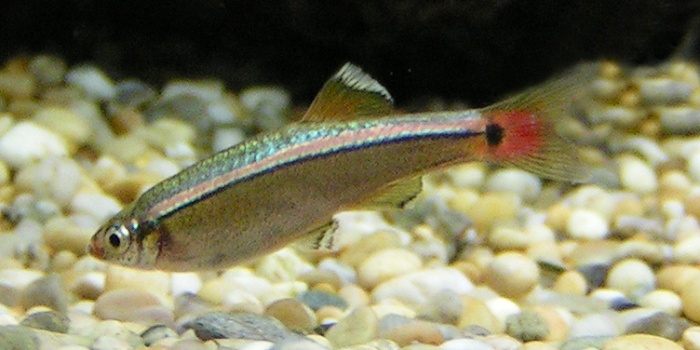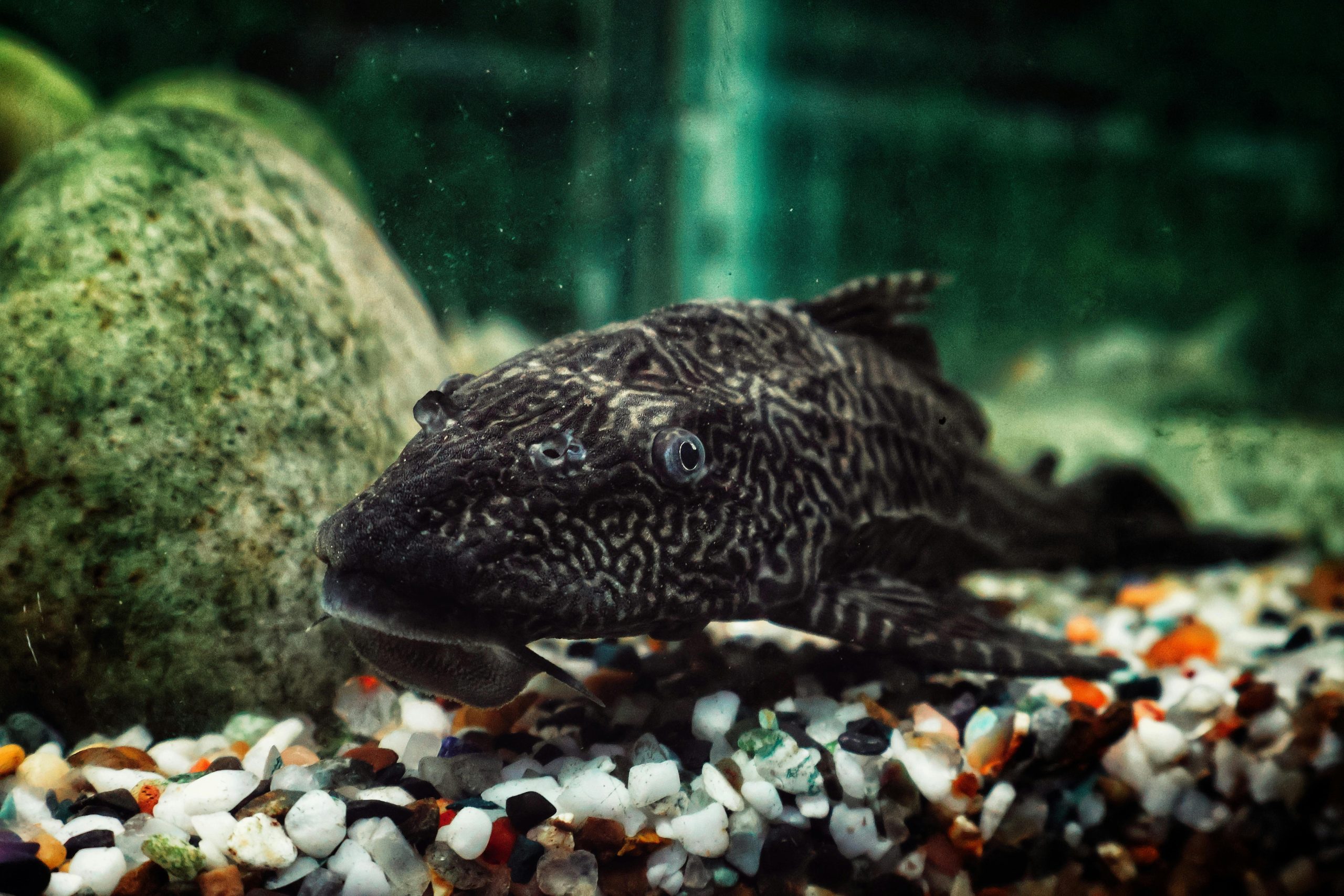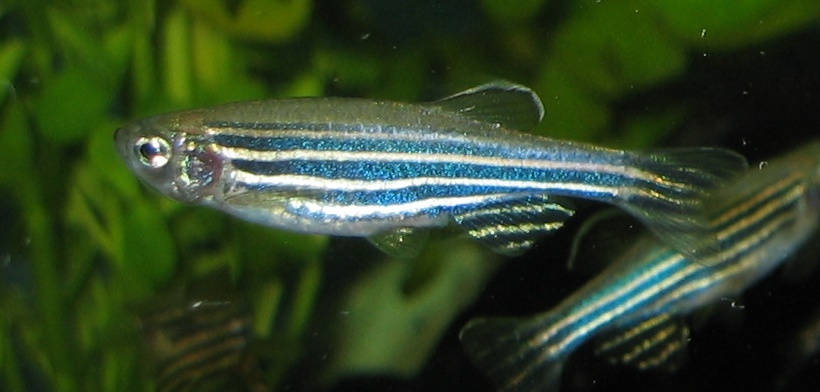Hello, pet lovers! 🦔
Hedgehogs are one of the most unique small pets you can bring into your home. With their tiny faces, curious personalities, and adorable waddling walks, they’ve captured the hearts of many exotic pet enthusiasts. But are they the right pet for you?
In this in-depth guide, we’ll cover everything you need to know about hedgehog care, temperament, costs, and what to expect when bringing one into your life. Whether you’re a first-time owner or an experienced exotic pet keeper, this review will help you make an informed decision.

Overview
Hedgehogs (Atelerix albiventris, the African pygmy hedgehog, is the most common pet species) are small, nocturnal mammals known for their spiky quills and inquisitive nature. Here’s a quick summary of what makes them stand out:
- Handling and Temperament: Can be shy or grumpy but may tolerate handling with patience.
- Care and Maintenance: Moderate maintenance—requires a warm habitat, proper diet, and regular cleaning.
- Health and Durability: Generally hardy but prone to obesity, dental issues, and tumors.
- Availability: Widely available from breeders and some pet stores (illegal in certain states).
- Cost: Moderate initial setup and ongoing expenses.
- Overall: A unique, low-social pet best for those who enjoy observing rather than constant interaction.

Why Choose a Hedgehog?
Hedgehogs are ideal for people who want a small, quiet, and relatively low-maintenance pet that doesn’t require constant attention. Unlike dogs or even rats, they don’t need daily social interaction, making them a good fit for busy individuals or those who prefer a more hands-off pet.
However, they are not cuddly animals. While some may tolerate handling, most hedgehogs prefer exploring on their own terms. Their nocturnal nature means they’re most active at night, which can be entertaining to watch but may not align with everyone’s schedule.

Handling and Temperament
Hedgehogs are not naturally social creatures. In the wild, they are solitary and defensive, relying on their quills for protection. As pets, their personalities vary:
Personality Variations
- Some hedgehogs may become comfortable with handling over time.
- Others remain skittish or huff/puff when disturbed.
- Babies can be socialized, but adults often retain their natural wariness.
Handling Tips
- Start slow: Let the hedgehog sniff and explore your hands before lifting.
- Be gentle: Avoid sudden movements—they may roll into a spiky ball.
- Respect their mood: If they’re hissing or curling up, give them space.
Do Hedgehogs Bite?
- Rarely, but possible if they feel threatened.
- Their teeth are small, so bites are not severe but can be surprising.
Overall, hedgehogs are not the best choice for those seeking a highly interactive pet, but they can be fascinating to observe and occasionally handle.

Care and Maintenance
Hedgehogs require specific care to stay healthy and happy. Here’s what you need to know:
Enclosure Setup
- Size: Minimum 4 sq. ft (larger is better).
- Type: Glass tanks, plastic bins, or C&C cages work well.
- Bedding: Fleece liners (easy to clean) or paper-based substrates.
- Hiding spots: Small igloos or tunnels for security.
- Wheel: A solid-surface, 12″+ wheel is essential (no wire or mesh).
Temperature & Humidity
- Ideal temp: 72–80°F (too cold can lead to hibernation attempts, which are dangerous).
- Heating: Ceramic heat emitters or under-tank heaters (no heat rocks).
- Humidity: Moderate (40–60%)—avoid excessive dampness.
Diet
- Staple food: High-quality insectivore or hedgehog-specific kibble.
- Supplements: Live/dried insects (mealworms, crickets, dubia roaches).
- Avoid: Fatty foods, dairy, and sugary treats.
Cleaning
- Daily: Spot-clean soiled bedding and wipe the wheel (they poop while running!).
- Weekly: Full enclosure clean and fleece liner wash.

Health and Durability
Hedgehogs are generally hardy but have some common health concerns:
Common Health Issues
- Obesity: Overfeeding leads to fatty liver disease.
- Dental problems: Poor diet can cause tooth decay.
- Tumors: Older hedgehogs are prone to cancer.
- Quill loss: Can indicate mites, stress, or illness.
Preventative Care
- Regular weight checks (healthy weight: 250–500g).
- Annual vet visits (exotic vets only).
- Proper diet & exercise (wheel time is a must!).
Lifespan: 3–7 years, depending on species and care.

Availability and Cost
Where to Buy
- Reputable breeders (best for healthy, well-socialized hedgehogs).
- Rescues (some hedgehogs need rehoming).
- Pet stores (less ideal—often sourced from mills).
Cost Breakdown
- Hedgehog: $100–$300+ (rarer colors cost more).
- Enclosure setup: $150–$300 (tank, wheel, heating, hides).
- Monthly costs: $20–$40 (food, bedding, treats).
Note: Some states (e.g., California, Georgia) ban hedgehogs—check local laws first!

Pros and Cons
Pros
✔ Unique, quiet, and entertaining to watch.
✔ Low social demands (good for busy owners).
✔ Doesn’t need much space.
✔ Odor-free if cleaned regularly.
Cons
✖ Not cuddly—many dislike handling.
✖ Nocturnal (active at night, sleep during the day).
✖ Requires a heated environment.
✖ Prone to health issues (cancer, obesity).

Final Thoughts
Hedgehogs are fascinating pets for the right owner. They’re not for those who want constant interaction, but they’re perfect for people who enjoy observing unique behaviors and don’t mind a pet that’s more independent.
If you’re considering a hedgehog, we recommend:
- Meeting one in person (to see if you like their temperament).
- Researching breeders (avoid pet stores with questionable sources).
- Preparing for long-term care (they may need vet attention as they age).
Have experience with hedgehogs? Share your stories below! And for more exotic pet guides, stay tuned. 🦔💙








Leave a Reply